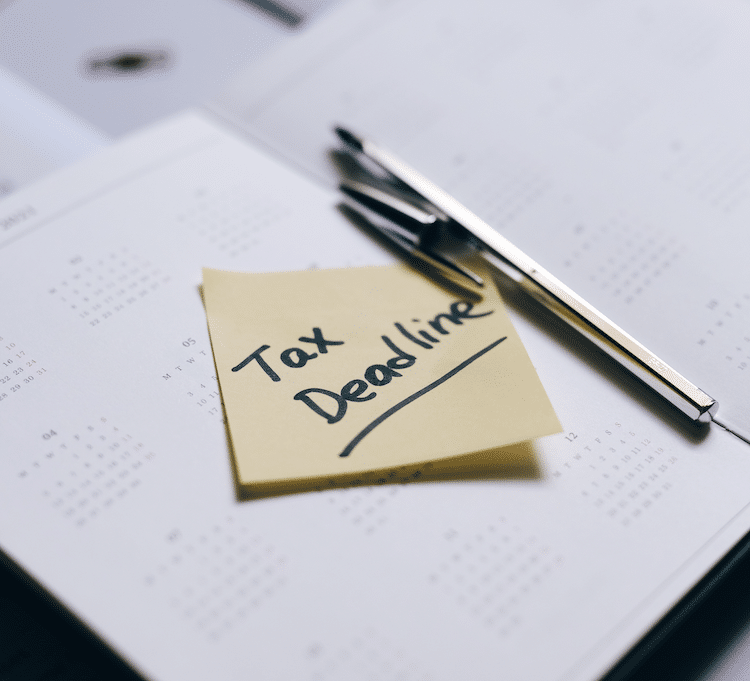
Penalties for Filing Late Taxes
The IRS and Franchise Tax Board (FTB) can charge penalties for filing late taxes or for the late payment of taxes. The penalties for filing late taxes and late payments charged by the IRS and FTB can be up to 25% of the tax owed. The penalties may be excused if a taxpayer has reasonable cause. Reasonable cause often consists of circumstances like severe illnesses and other hardships that can prevent a taxpayer from timely filing a tax return or timely making a tax payment. However, reliance on an accountant, CPA, Enrolled Agent, or other tax preparer to timely e-file a tax return or timely pay a tax is generally not reasonable cause to excuse penalties for filing late taxes or a late payment penalty under the current law. In other words, you may still be on the hook for late payment and late filing penalties if your accountant or other tax professional you hired failed to timely e-file your return (even if they sent you a notice stating they had successfully filed your return).
The IRS and Franchise Tax Board (FTB) follow the 1985 US v. Boyle US Supreme Court case that generally states a taxpayer cannot use reliance on an accountant, CPA, or other tax professional as a legally recognized excuse to timely file the taxpayer’s return. In other words, late filing and late payment penalties are not excused if your accountant, CPA, or other tax professional neglects to timely file your return for you. The case was decided in 1985 before electronic filing of tax returns. Taxpayers have recently challenged the old rule in the courts arguing the old rule is outdated and not consistent with the realities of the current age of electronic filing or e-filing of tax returns.
RJS LAW Associate Attorney Joseph Cole recently posted an article on Procedurally Taxing discussing the recent controversy concerning penalties for filing late taxes and the penalties for late payment for e-filed tax returns. Taxpayers have fought the old rule in the courts and while they generally have not prevailed, the courts are beginning to show signs that they may show some flexibility in applying the old US v. Boyle rule.
While the FTB and IRS generally do not accept an accountant or CPA’s failure to file a return as grounds to excuse late payment and late filing tax return penalties, there are some steps you can take to minimize your risk of penalties. The first step is to follow through with your accountant, CPA, or tax preparer. Make sure that your return was not only timey transmitted to the IRS, FTB, or other tax agency, but that the return was timely accepted by the IRS, FTB, or other tax agency. Obtain written verification your return was accepted by the IRS, FTB, or other tax agencies you filed a return with.
You should also give your tax preparer the time and information he or she needs to accurately prepare and file your tax return. You should make sure you provide your tax professional with a complete and accurate tax organizer well before the filing deadline and make sure you keep a copy of the tax organizer you provided. Also, be prompt and give your tax preparer plenty of time before the filing deadline to prepare your return and review the return with you.
RJS LAW represents taxpayers in a broad range of federal and state tax matters including helping many of our clients reduce or even eliminate tax penalties. Please reach out to us if the IRS, FTB, or other tax agency charged you late penalties and you believe the penalties should be excused.
Written by Joseph Cole, Esq., LL.M.

Leave a Reply